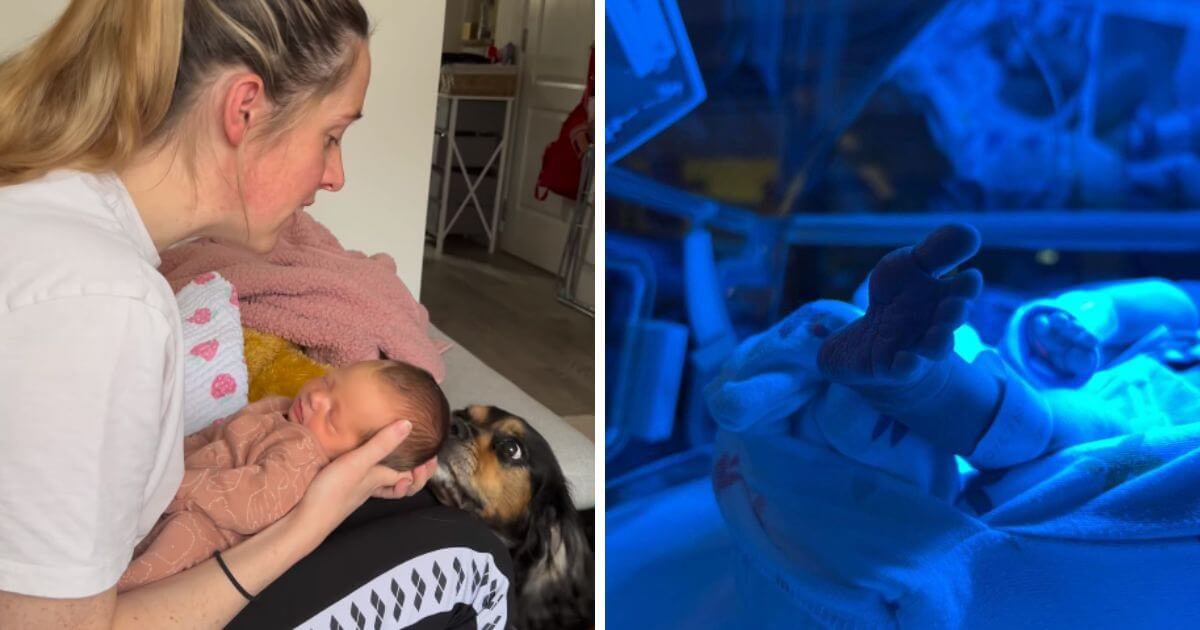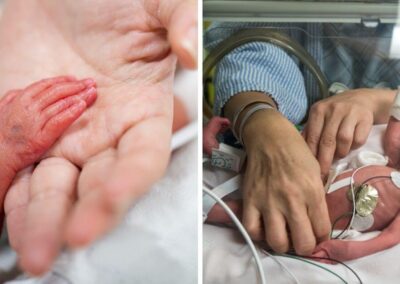Scottish Olympic swimmer, Hannah Miley, has spoken with awe about her prematurely born daughter, Nula.
The Commonwealth Games gold medalist and first-time mum from Inverurie in Scotland shared that she was “overwhelmed” when her waters unexpectedly broke six weeks early. Her firstborn daughter was rushed away to be resuscitated.
“When she was born, I didn’t hear her crying and she was really not responsive so we didn’t get that skin-to-skin contact straight away. My husband, Euan, and I briefly got to see her but someone was breathing for her with a hand pump which was overwhelming. I just wanted to hold her”, she recalled.
From trauma to joy
The retired swimming champion recalls that it was “traumatic” seeing her daughter lying limp and needing to be resuscitated. Miley was only allowed to look at her daughter as she was taken away, and had to wait for Nula’s lungs to improve before she could have more contact.
She shared the moment of joy when she was able to touch her daughter: “[A]ll it took was her to wrap her hand round my finger in the incubator and I was in absolute awe with her”. After a month of Nula being in the hospital, Miley and her husband were able to take their little girl home.
“It’s amazing”, she said, “we can’t imagine life without her”.
The couple said that they received “fantastic” support from the neonatal unit and other families that were going through something similar. Through sharing her story, the two-time Commonwealth Games gold medalist hopes to raise awareness of premature birth and offer reassurance to families that there is excellent support available.
Survival rate for extremely premature babies doubles
In the decade to 2019 alone, the survival rate for extremely premature babies doubled, prompting new guidance from the British Association of Perinatal Medicine (BAPM) that enables doctors to intervene to save premature babies from 22 weeks gestation. The previous clinical guidance, drafted in 2008, set the standard that babies who were born before 23 weeks gestation should not be resuscitated.
Once a mother is over 22 weeks pregnant, if her baby is born prematurely, the chances of survival increase week-by-week due to technical advances, better planning so pregnant mothers who go into preterm labour go straight to specialist units, and the increased use of steroids.
Spokesperson for Right To Life UK, Catherine Robinson, said “Congratulations to Hannah, Euan and Nula. It’s wonderful to hear about the support they all received to make sure that Nula made it home safely. The care and attention given to little Nula is a reminder of the value of the smallest lives”.












